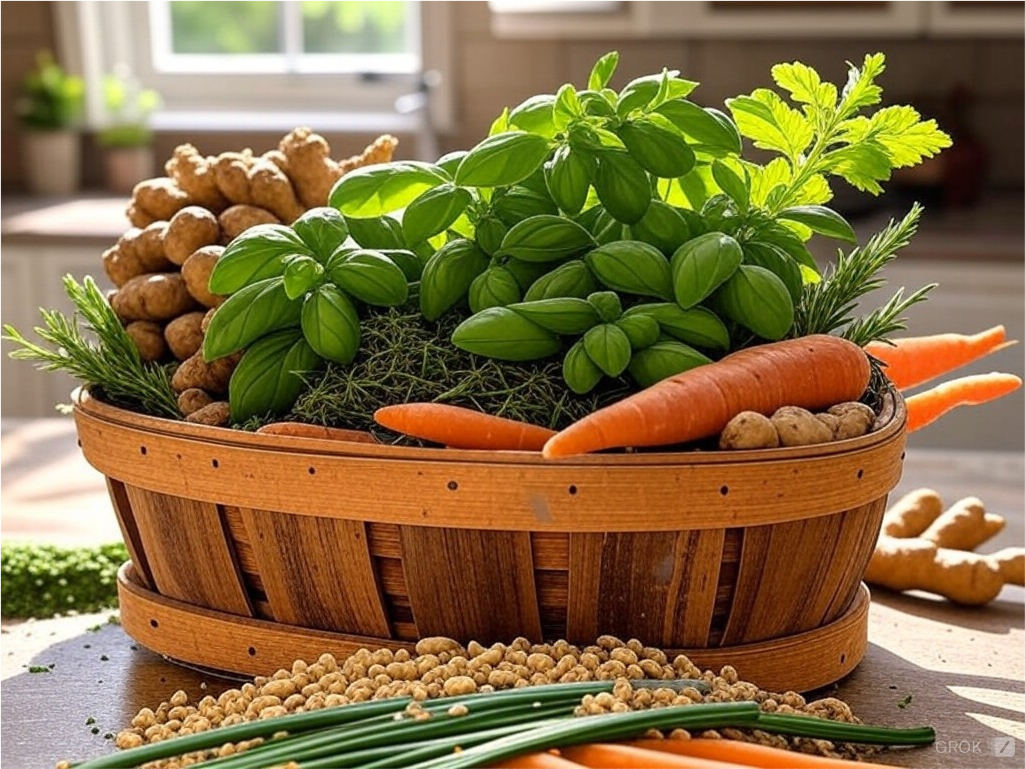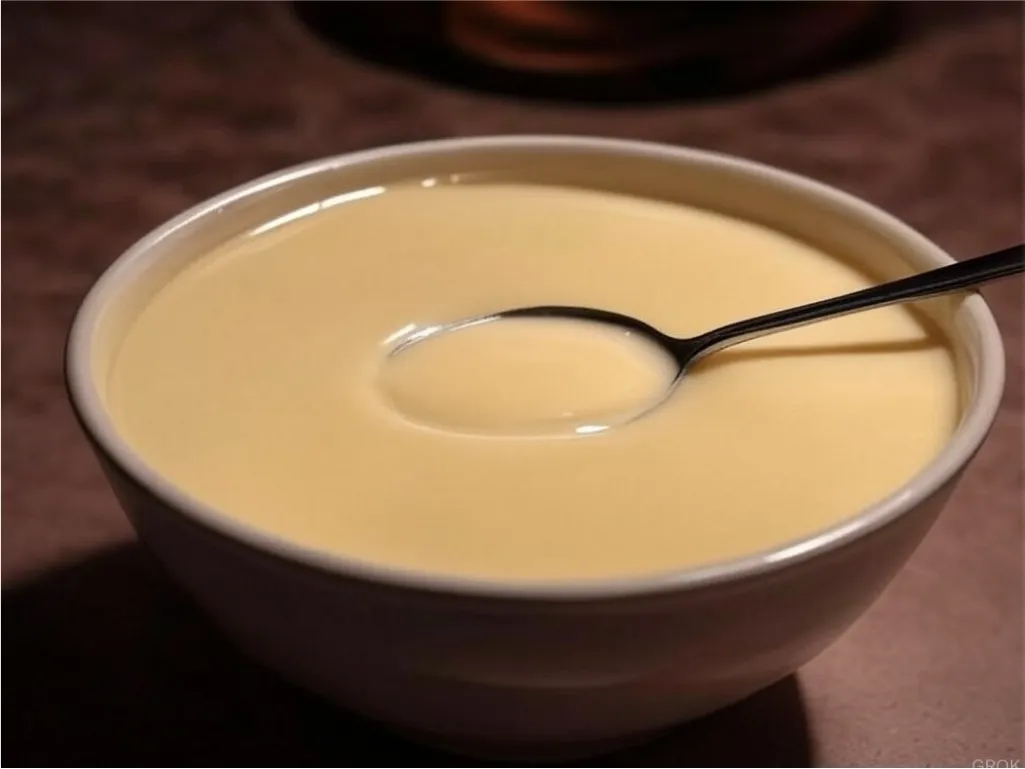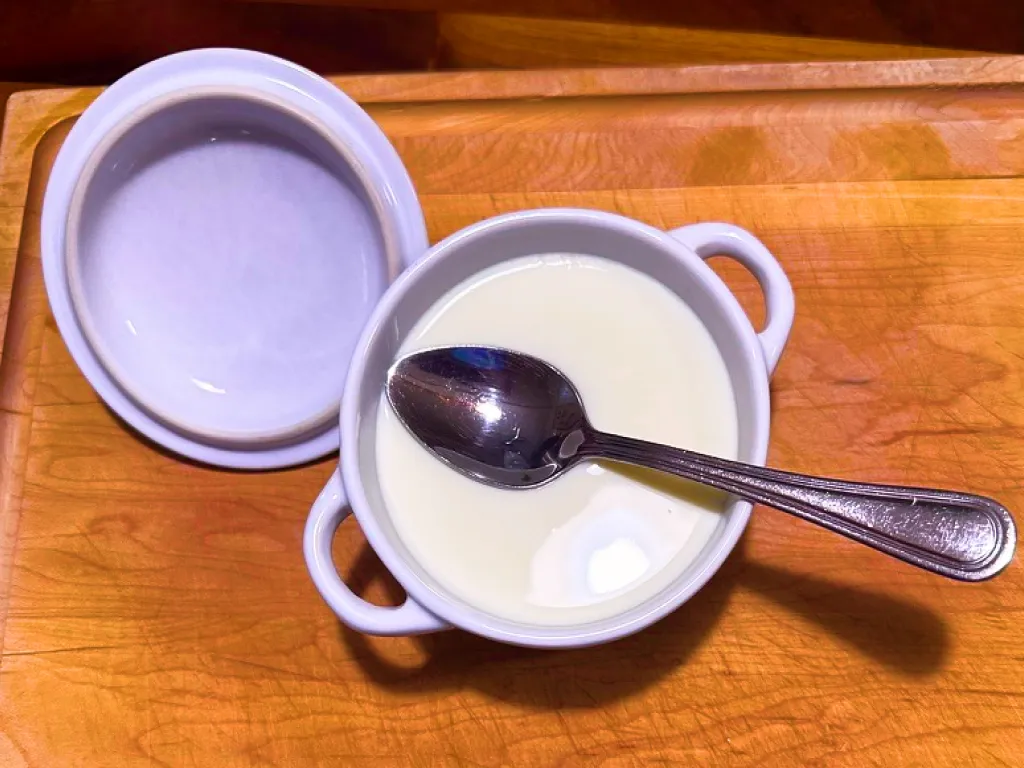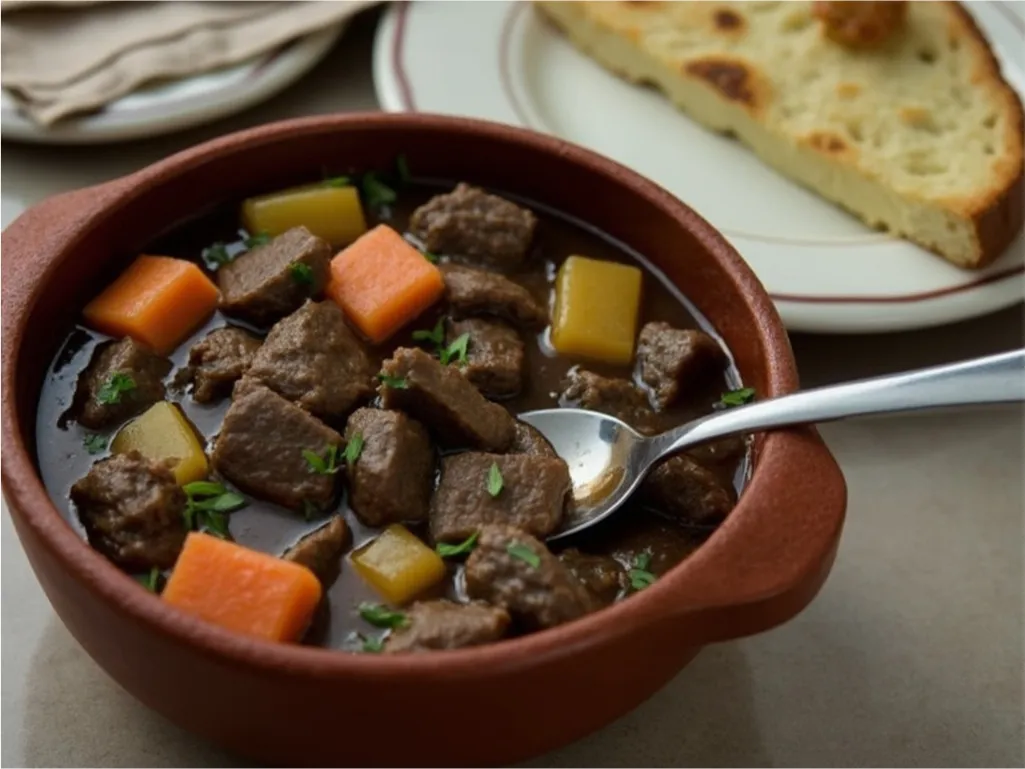
Have you noticed that most doctors are really quick to prescribe medication to their patients? When my father in-law was told that he was pre-diabetic, the first thing the doctor told him was that he should start taking statins. You would think that the first thing should have been asking him what he eats and suggesting a change in diet. Nope, the doc went straight to the drugs instead of looking for a more natural solution.
I’m not saying all doctors are like this, but they certainly make up the majority considering how many older folks are on medication for a wide range of issues that we apparently deem as “normal” when you get older - high blood pressure, high cholesterol, etc.. If you already have diabetes, then fine, you can’t really come back from that. But for things like blood pressure, cholesterol, or bad joints though, taking drugs shouldn’t be the go-to solution.
There are most certainly drugs that are beneficial, such as anti-biotics and pain relievers. Those drugs are okay to use since they’re for tempoary-use and are meant to help us get over a hump and not become a crutch. Once a drug goes into the “take this for the rest of your life” territory, that’s when you should question if there’s a better alternative.
Consider Nature’s “Medicine”
Humans have survived for thousands of years before we came up with all of these new-age medications. Sure the mortality rates were higher back then, but it wasn’t mainly due to having heart disease or diabetes. The drugs we’ve developed to fight infections and viral diseases are good. The ones we developed to treat imbalances in our bodies are not. A poor diet that leads to illness should be counteracted with a better diet instead of more medication.
There’s not much that better food can’t fix, you just have to know what to look for. There are tons of natural ingredients in the world that contain everything we need to fix an issue. Ingredients that are naturally anti-imflammatory, detoxifying, antioxidant, and more exist all around us and tend to come in several different forms.
Food is nourishing and nourishment is what our amazingly complex bodies need for it to do it’s thing to get healthy again. Our bodies know how to naturally fight off infection and viruses. It might need some help from time to time, but that’s exactly where eating nutritious foods comes into play. Fueling our bodies with the right things so that it can work more efficiently will always be better than giving it medication that it uses as a crutch. Imagine always using a wheelchair when you can walk; Eventually, you’ll lose the ability to walk altogether.
What’s Considered Medicinal?
Outside of the typical food ingredients that nourish our bodies like animal proteins, there are medicinal ingredients with properties that can aid in the nourishment of our bodies when it is lacking something or needs a bit of a boost. These medicinal ingredients are usually found in herbs and spices, but can also be found in certain vegetables such as garlic, turmeric, ginger, onions, and more.
A commonly used medicinal herb is chamomile which people tend to use in tea to help them calm down - I bet you didn’t realize that chamomile was a medicinal herb. You probably don’t notice how often medicinal ingredients are used all around you. Let’s take sushi for example. Have you ever wondered why your sushi tends to come with ginger? Aside from being a nice way to cleanse your palate, ginger’s naturally ocurring antimicrobial properties helps to reduce any potential bacterial containminations in the raw seafood.
How about spicy food? Have you noticed how spicy food is typically found in hotter climates? It seems counterintuitive that you’d want spicy food when it’s always hot, but the reason for it is that hotter climates disrupt our ability to digest our food efficiently. Adding spiciness, such as chilis, introduces capsaicin into our systems which promotes digestion by increasing the flow of digestive enzymes.
One of my favorite uses of medicinal ingredients would be chinese soups. There’s a whole collection of medicinal soup recipes that treat a wide range of ailments including poor blood circulation, nausea, and fatigue. There are even ones that are used to promote your focus, detoxify your body, and also ones to help promote breast milk production for new mothers.
Utilizing Medicinal Ingredients in Your Everday
Medicinal ingredients can be found basically everywhere. Some ingredients are harder to obtain than others, such as Astragalus Root which is used in chinese medicinal soups, but you should be able to find those on an online store where you can order and it have shipped to you.
With access to so many ingredients, it’s really up to you on how to incorporate it into your everyday food. Some ingredients work better together than others, but that’s something you can determine by experimenting a bit. The next time you’re using ground beef, try adding ginger to it. Or turmeric with your chicken. Or infusing your olive oil with garlic. Not only will your food become more nourishing with these medicinal ingredients, they’ll also come out tastier given the heightened complexity of the flavor profiles.
If you want to give chinese medicinal soups a shot, make sure to check out my piece on soup-making. Soup-making itself is easy, but creating a soup with a nutritional explosion takes some skill.
Tips on Buying Medicinal Herbs
- Go for the raw ingredient when possible. Extracts or pills won’t be the same as the raw version of the ingredients.
- For chinese medicinal herbs that you’re having trouble finding, check out the pre-made herb and tea mixes from Root+Spring. It might be pricier than going to a local market, but they ship to a wide range of locations and the pre-packaged soup mixes make it really easy to get started.
You Might Also Like

How to Keep Your Pregnant Wife Well-Nourished


